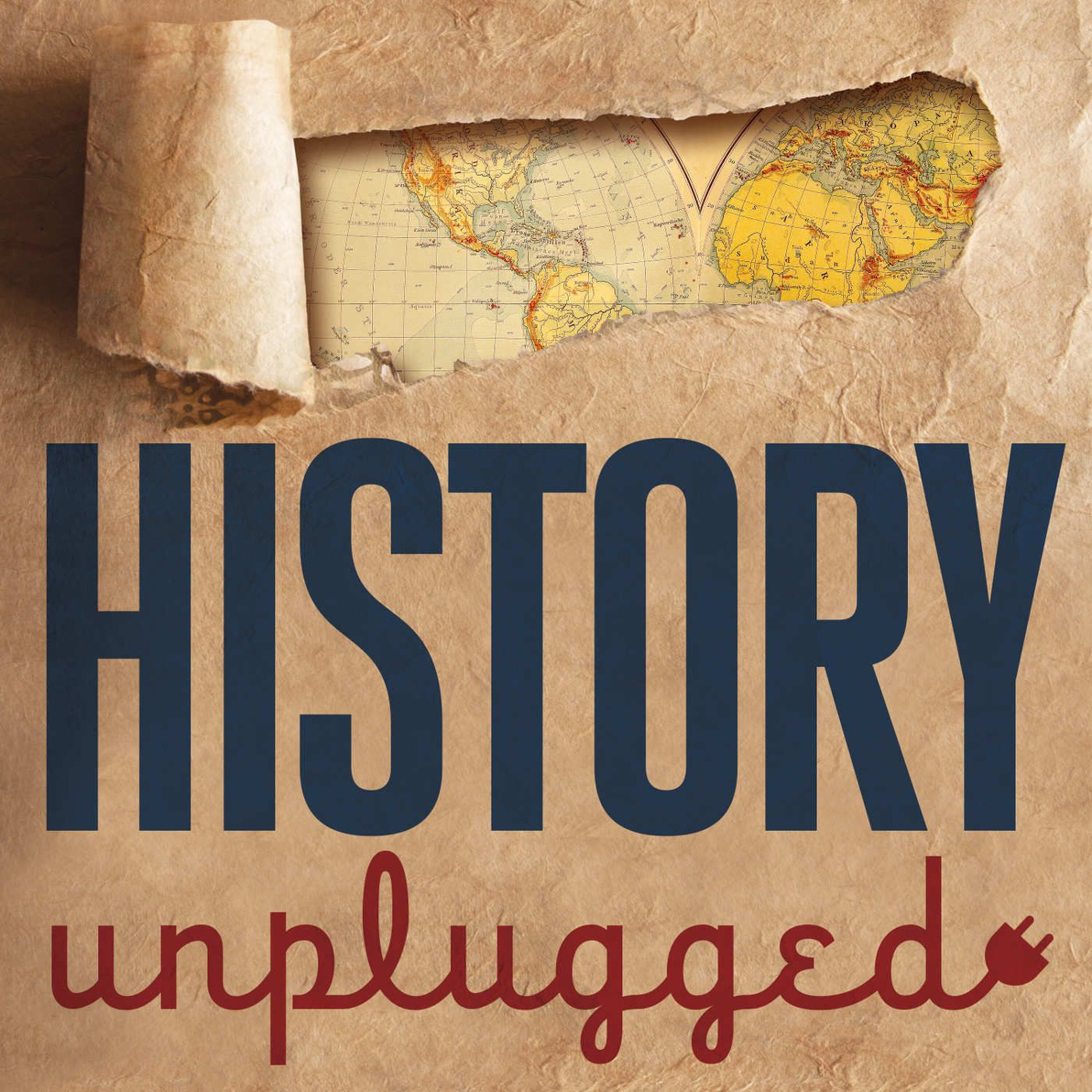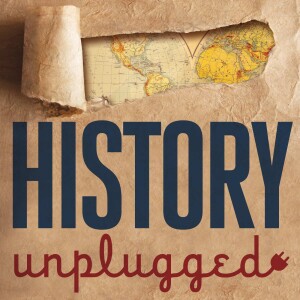
Why Armies Stopped Burning Libraries and Weaponized Them Instead
 2024-01-11
2024-01-11
Download
Right click and do "save link as"
Books are often seen as “victims” of combat. When the flames of warfare turn libraries to ashes, we grieve this loss as an immense human and cultural tragedy. But that’s not the complete picture. Books were used in war across the twentieth century—both as agents for peace and as weapons. On one hand, books represent solace and solidarity for troops and prisoners of war desperate for reading materials. On the other hand, books have also been engines of warfare, mobilizing troops, spreading ideologies, and disseminating scientific innovation. With accounts that span from ancient Rome to the Cold War, from Uncle Tom’s Cabin to Mao’s Little Red Book, Pettegree demonstrates how books have shaped societies at war—for both good and ill.
Today’s guest is Andrew Pettegree, author of “The Book at War: How Reading Shaped Conflict and Conflict Shaped Reading.” We explore the weaponization of the publishing industry, the mechanics of mass-scale censorship, and why the Soviets Hated Ian Fleming.
view more
Today’s guest is Andrew Pettegree, author of “The Book at War: How Reading Shaped Conflict and Conflict Shaped Reading.” We explore the weaponization of the publishing industry, the mechanics of mass-scale censorship, and why the Soviets Hated Ian Fleming.
More Episodes
Civilization Owes Its Existence to the Horse
 2024-08-13
2024-08-13
 2024-08-13
2024-08-13
How and Why Humans Started Speaking
 2024-06-27
2024-06-27
 2024-06-27
2024-06-27
012345678910111213141516171819
Create your
podcast in
minutes
- Full-featured podcast site
- Unlimited storage and bandwidth
- Comprehensive podcast stats
- Distribute to Apple Podcasts, Spotify, and more
- Make money with your podcast
It is Free
- Privacy Policy
- Cookie Policy
- Terms of Use
- Consent Preferences
- Copyright © 2015-2024 Podbean.com



